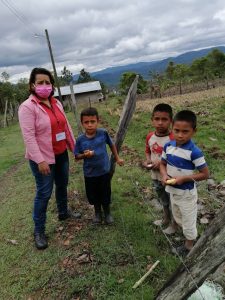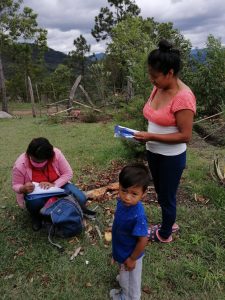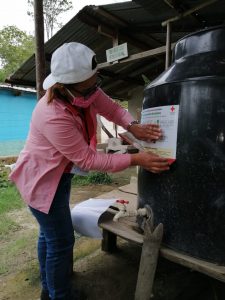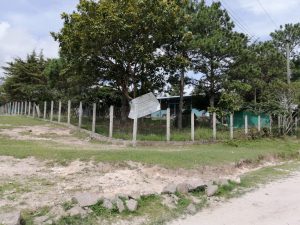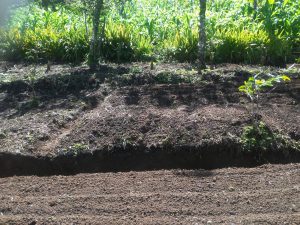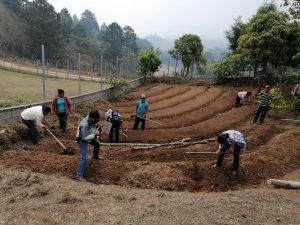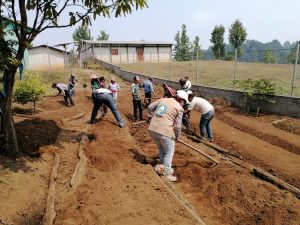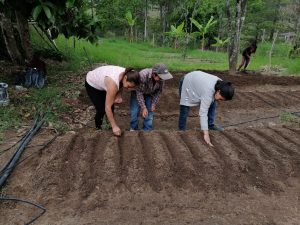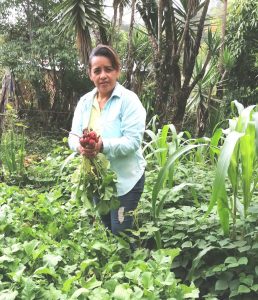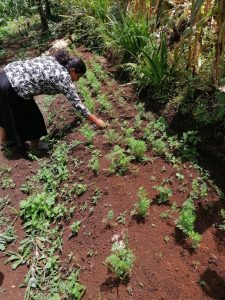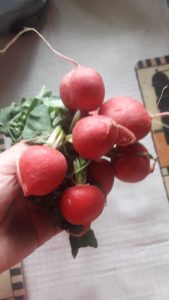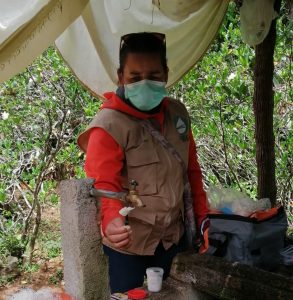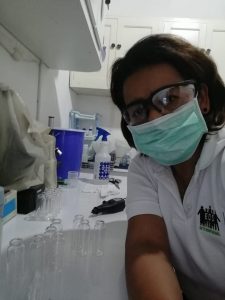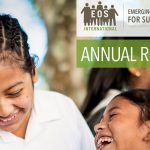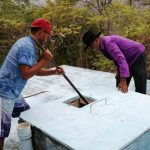Meet Oneida Lara, WASH School Education Coordinator in Honduras
Having access to safe drinking water empowers women by helping themselves and their families stay healthy, in school, and at work, creating a more prosperous life for women and their entire communities. Providing leadership opportunities and improving gender equality for women in rural communities is a critical component of our mission at EOS and aligns with the Global Goals for Sustainable Development Five (Gender Equality).
Oneida Lara is EOS’ WASH School Education Coordinator and has worked with our Honduras office for over a decade. Her desire to learn more about drinking water began years ago when her community received their first water system, and Oneida volunteered to receive training on how to operate and maintain the system. It was an incredible experience for her which made her passionate to work in this field.
Oneida first started working with EOS as a Circuit Rider Technician, visiting rural communities to measure the water quality and provide technical assistance to ensure the communities’ water system is working properly. Then she moved into her current role working with 21 schools providing water, sanitation, and hygiene education as well as water treatment and filtrations services to the students and teachers ensuring safe drinking water. Oneida loves her job helping her community, and making a difference in people’s lives. However, the pandemic has changed her job quite significantly like it has for most of the world.
- The school activity center is closed
- One of the schools where they are planting a garden
- Preparing to plant more seeds
Since the schools closed down this past March, Oneida has not been able to do her regular work visiting and educating school children and their parents on the importance of proper hygiene and safe water. Instead, she has been working with the parents and staff at several schools to help grow and cultivate school gardens. Rural school children depend on the schools for receiving much needed healthy snacks, however, without school in session, communities had to come up with an alternative. That is where the idea of the school gardens blossomed.
- Planting the garden in early spring
Over the past few months, Oneida has worked with seven rural schools to plant and cultivate school gardens growing carrots, pumpkins, squash, beets, and green beans. The parents and school staff have worked hard and their labor has paid off. They have harvested a lot of fresh vegetables to distribute to the families in their communities.
- Cultivating the school garden
- Cultivating the school garden
- Oneida in the field
- Oneida working in the lab
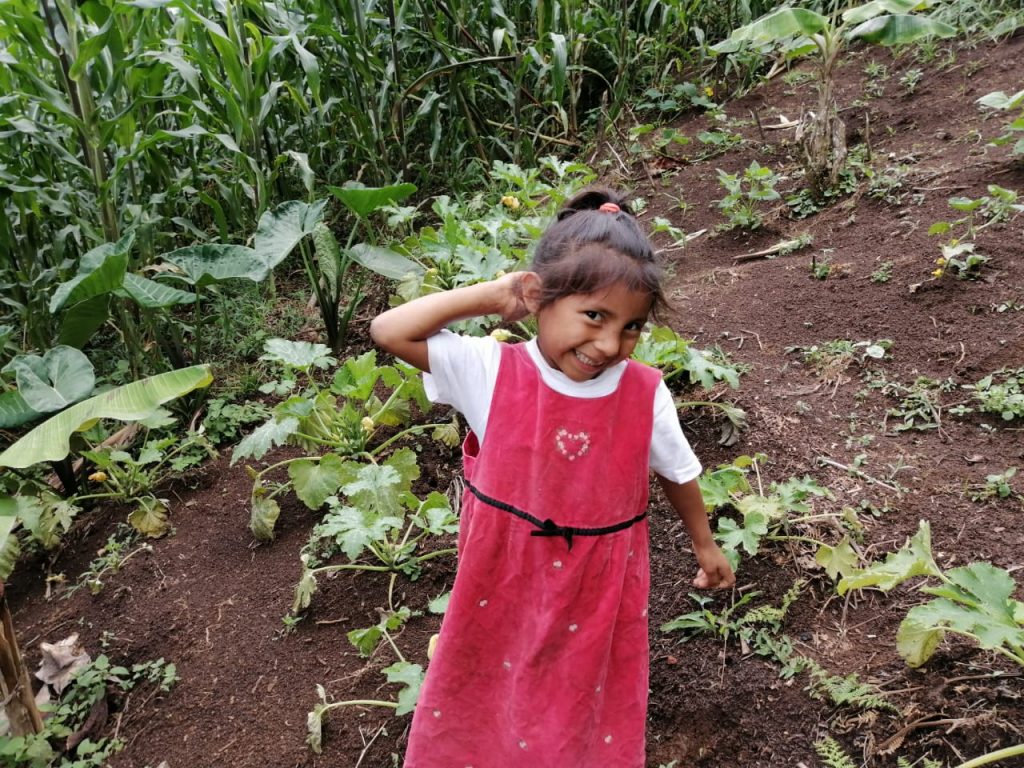
One of the first-grade students, Hellen, smiling at the garden.
For the future, the children will continue to stay home and learn with the help of their parents through books and activities. Since most children do not have access to the internet, there is no way for them to learn online thus it will be a challenging year ahead. Oneida will continue to help with the school gardens and is now spending most of her time working in the EOS’ laboratory assisting Doctor Urquia with water testing and analysis. While this work is equally as important, Oneida looks forward to when she can get back out in the field meeting with school children and parents once again.


